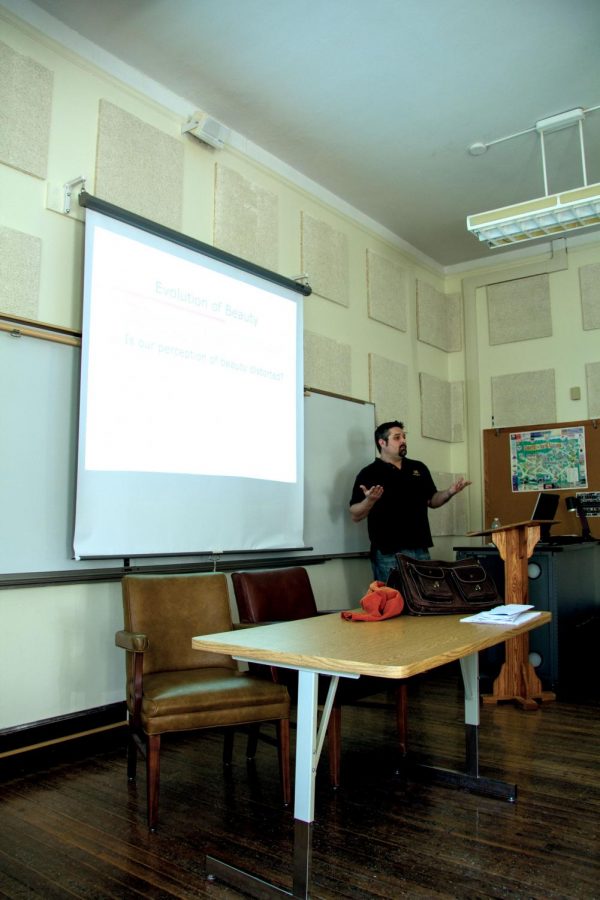Students thrive in success courses
November 15, 2012
According to The Chronicle of Higher Education, many student success courses are sufficient in theory but need improvement. Here at UNA, these courses are widely known as learning communities.
Learning communities are offered every fall to first-year students.
“Students enrolled in these courses are far more likely to graduate with a four-year degree,” said Stephen Melvin, UNA English and learning community professor.
In an article published in The Chronicle of Higher Education, senior research associate Melinda Karp said, “College 101 courses done well can help students develop critical skills for the short and long term.”
According to The Chronicle, to do these courses well, they should be focusing on as few credit hours as possible and engage academic departments. UNA officials strive to do both of these.
These courses combine two general education components, such as first-year composition and world civilization or music appreciation, and meet one extra hour each week. During this hour, they work on different material and have speakers from such programs as the Center for Writing Excellence and Career Planning and Development give tips and help with whatever problems the students might have.
“(Learning communities) give tips, help retention rates and help the students to make friends,” Melvin said.
The class sizes of learning communities tend to be smaller, leaving more room for individual, personalized help.
“I’m actually able to have one-on-one conferences with each of my students,” Melvin said. “I definitely think (learning communities are more helpful than traditional classes).”
Melvin said the atmosphere is very laid back, and students are far more willing to participate during these smaller classes than in others.
“Students seem to tremendously enjoy it,” Melvin said.
According to the UNA website, “96 percent of the students who participated in a learning community during the past two years said that they would recommend a learning community to an incoming freshman.”
UNA’s learning communities do more than just improve grades and retention, Melvin said.
“(Learning communities) also encourage getting involved in university life and the community in general,” Melvin said.
According to UNA’s website, learning communities encourage the integration of different courses, promoting cross-curricular learning.
“By organizing students and faculty into smaller groups, there is an opportunity for students to establish support networks, there is an increased focus on student learning and the program offers an excellent chance for students to adjust to the college environment,” according to the website.
Melvin said that, with learning communities, improvements happen quickly.
“It blew me away how much (students) improved over the course of one semester,” Melvin said.



![Caleb Crumpton [COURTESY OF UNA SGA]](https://theflorala.com/wp-content/uploads/2024/07/caleb-crumpton-courtesy-of-SGA-425x600.jpg)






